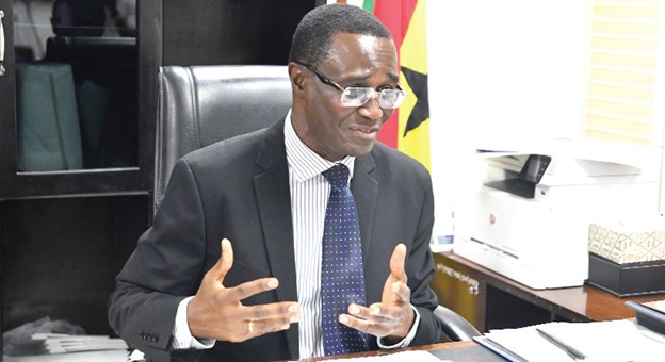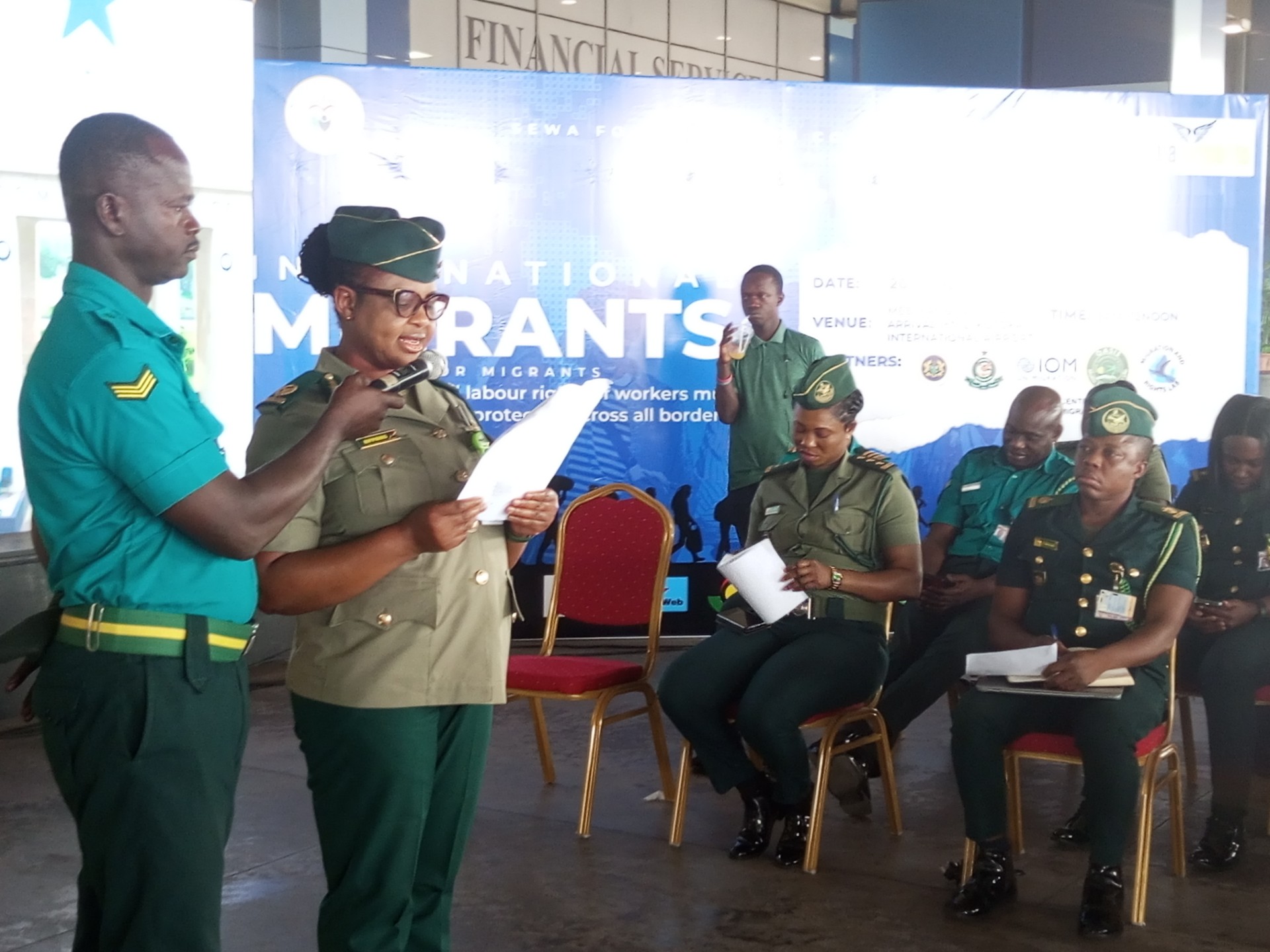
A News Desk Report
The International Finance Corporation (IFC) is making significant strides in strengthening Ghana’s financial sector through its Financial Institutions Group (FIG).
By focusing on key areas such as financial inclusion, SME development, and sustainable financing, IFC aims to foster economic growth and create opportunities for underserved groups.
According to Alexandra Celestin, IFC Manager for FIG in Anglophone West Africa and Central Africa, the organisation’s mission is to strengthen Africa’s financial sector with Ghana as a priority.
“At its core, FIG is all about strengthening Africa’s financial sector, and Ghana is a key part of that,” she said in an interview with the B&FT.
Targeting the underserved
In the country, the IFC collaborates with financial institutions to ensure broader access to financing for small businesses, women entrepreneurs, and other underserved groups.
Ms. Celestin highlighted, “We focus on making investments and offering advisory services to attract private capital into areas that drive development –things like food security, job creation, tackling climate change, promoting gender equality, and improving financial inclusion.”
One of the key initiatives highlighted by Celestin is the Ghana SME Programme, which supports the government’s YouStart initiative. This programme provides critical funding to small businesses, informal enterprises, and low-income households, focusing on empowering women entrepreneurs.
Risk-sharing to boost lending
The IFC has partnered with local banks to create risk-sharing facilities that enable financial institutions to lend more to SMEs while managing potential risks. A US$10 million risk-sharing facility with Access Bank Ghana supports the bank’s ‘W Initiative, which prioritises women in agriculture, health, education, and green industries.
Additionally, the IFC signed a US$25 million loan agreement with Société Générale Ghana to expand financing for SMEs, particularly those led by women.
Another major initiative includes a partnership with Bank of Africa Ghana. This risk-sharing facility guarantees 50 percent of a portfolio worth GH¢143 million in SME loans. “These programmes are all about creating opportunities and fostering economic growth in Ghana,” the IFC FIG Manager stated.
With SMEs in the country continuing to face persistent challenges such as high collateral requirements, expensive credit, and limited access to long-term financing, addressing these barriers is a priority for the IFC.
“SMEs in Ghana face a few key hurdles. One of the biggest is collateral—many banks require significant assets, and small businesses often cannot meet these demands,” she noted.
“At IFC, we are tackling these issues head-on. We are working with banks to lower collateral requirements and develop long-term financing options,” she added.
On a similar tangent, to strengthen the domestic financial infrastructure, the IFC offers a range of advisory services to local banks and financial institutions. These services include developing digital financial strategies, enhancing credit reporting systems, and supporting the creation of a collateral registry for movable assets.
“We provide a range of advisory services to financial institutions in Ghana, all aimed at building their capacity and improving their systems,” Ms. Celestin said.
These efforts are critical in improving access to credit for SMEs and underserved groups while reinforcing the broader legal and regulatory framework for financial inclusion.
Strategic partnerships
Partnerships have been a cornerstone of the IFC’s approach in Ghana. Through its Global Trade Finance Programme, the IFC signed a US$40 million trade partnership agreement with Ecobank Ghana to support businesses during challenging economic periods.
Another notable collaboration is the Green Bonds Guidelines 2024 launch in partnership with the Securities and Exchange Commission.
“This framework encourages investments in environmentally friendly projects,” she explained, adding that such initiatives contribute to strengthening Ghana’s financial infrastructure and promoting economic stability.
Driving long-term impact
By leveraging investment, risk-sharing mechanisms, and advisory support, the IFC is making tangible contributions to Ghana’s economic development. With a focus on empowering women, bolstering SMEs, and fostering sustainable financing, the organisation is creating pathways for resilience and growth in the financial sector.
“We are continuing to expand, exploring new ways to bring in even more private sector investments,” Ms. Celestin said, adding that the IFC remains committed to driving lasting change in Ghana.
Africa Financial Industry Summit (AFIS)
In line with these efforts, IFC is co-hosting the Africa Financial Industry Summit (AFIS), an annual international conference dedicated to advancing Africa’s finance industry, scheduled for December 9-10 in Casablanca, Morocco. The summit will bring together over 1,000 participants—from policymakers and regulators, heads of banks, microfinance institutions, insurers, and fintech companies.
“IFC supports AFIS because it’s an incredible platform for sharing ideas, best practices, and innovative solutions,” Ms Celestin mentioned, adding that this year’s summit will focus on structural reforms to make Africa’s financial sector more resilient to tackle challenges of financing across the continent.
The post IFC championing financial inclusion, SME growth appeared first on The Business & Financial Times.
Read Full Story













Facebook
Twitter
Pinterest
Instagram
Google+
YouTube
LinkedIn
RSS